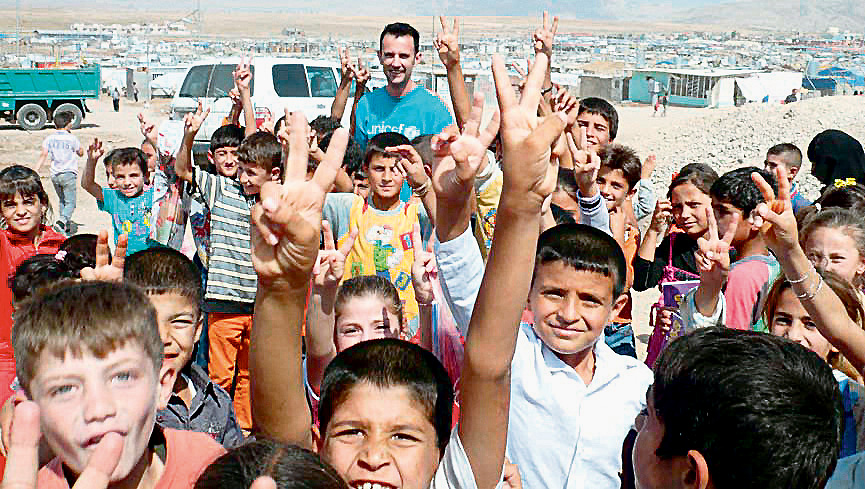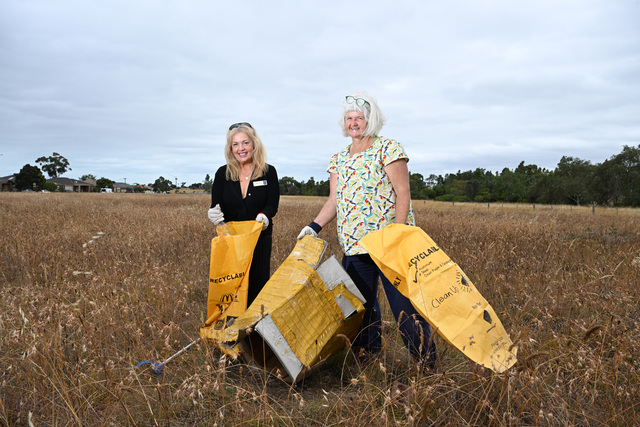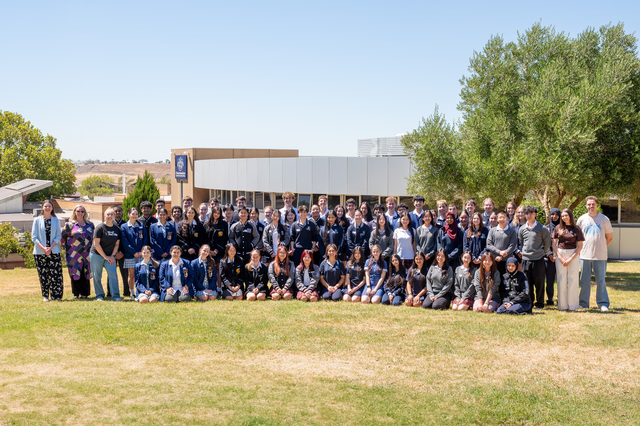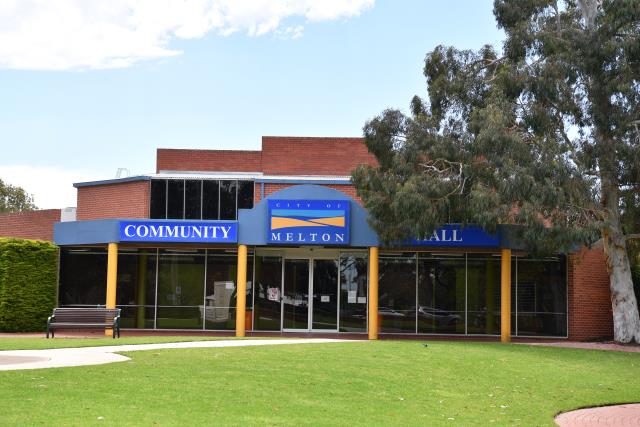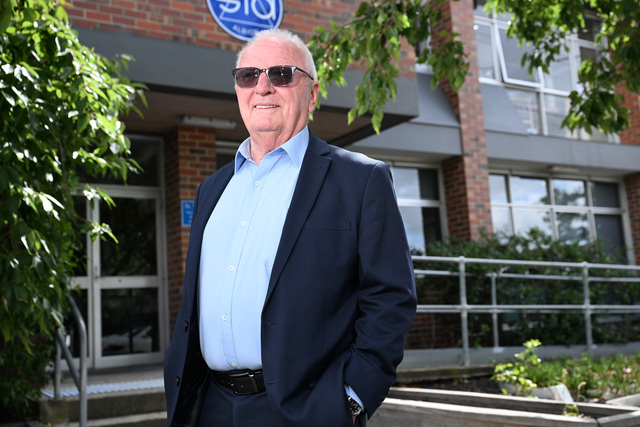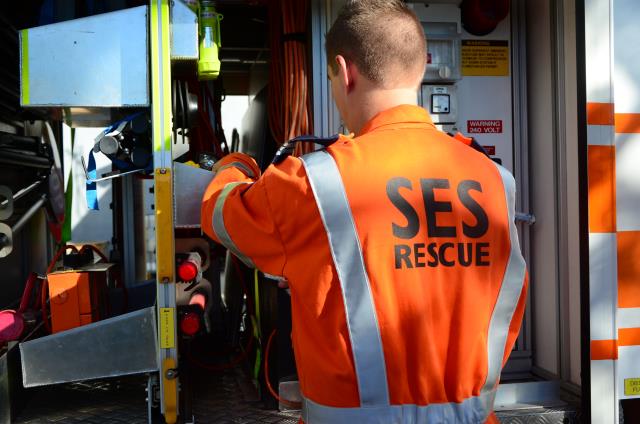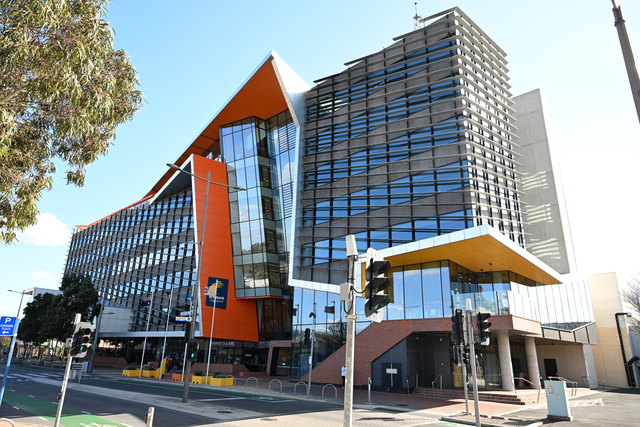Each morning Marshall Tuck wakes early, exercises while listening to a podcast of Australian news, then drives 20 minutes from Duhok to his workplace – the Domiz refugee camp in Iraq’s Kurdistan region.
The Footscray resident is one of an estimated 274,000 people doing humanitarian work worldwide, according to a 2010 report by the international ALNAP network. The number keeps growing to meet an increasing need.
MARSHALL TUCK
Two million registered Syrian refugees live in camps in Iraq, Jordan, Lebanon, Egypt and Turkey, according to the United Nations. The Domiz camp is home to more than 45,000 Syrians who have fled across the border to escape civil war.
Tuck, 44, is working for UNICEF and was placed in Domiz through RedR Australia, which provides standby personnel during humanitarian crises.
With a background in public health and nursing, Tuck works across UNICEF projects to help children achieve some normalcy. His work includes health promotion, supporting children’s access to basic schooling, raising awareness of child labour, promoting breastfeeding and immunisation, and dealing with water and sanitation issues.
Tuck, who has previously worked in Pakistan after the 2010 floods and in South Darfur in Sudan, says conditions in the northern Iraqi camp are particularly difficult. “Over recent summer months, temperatures have consistently reached over 40 degrees,” he says. “There is something about the weather here that creates sudden whirlwinds that can rip through the camp and blow dust through sections of it.”
The searing summer heat will slowly give way to a bitterly cold winter. The refugees have only tents for protection while dealing with the trauma of civil war.
“They are dealing with the unimaginable loss of their homes, having their livelihoods destroyed, financial loss, and family members’ whereabouts uncertain,” Tuck says.
The supply of resources from the humanitarian community and governments in response to the crisis remains stretched. Despite the drawbacks, Tuck says life continues as normally as it can in the tent city.
“There’s a range of small businesses scattered throughout the camp selling all sorts of items including food like delicious shawarma, falafels and kebabs. These shops are a good place to meet people, practise my Kurdish and Arabic and to support the community who have lost so much in fleeing their homes.”
These are some of the bright spots for Tuck, who feels he is “juggling balls at times to keep things progressing”.
“When things get negative or frustrating with things moving slower than expected, I am reminded and buoyed by the resilience of the Domiz camp residents around me.
“Whatever I have to deal with pales in comparison to what the residents have had to contend with.”
SARAH IRELAND
Save the Children’s humanitarian manager Sarah Ireland says that although humanitarian workers face challenges including cultural barriers, access restrictions and security risks, being an aid worker is extremely rewarding.
“It has enabled me to work in some very interesting places around the world, but most importantly to make a significant difference to people whose lives have been turned upside down,” she says.
Save the Children, an emergency relief and development organisation, has hundreds of humanitarian workers in 120 countries. Ireland says the team, which has an office in Melbourne, comprises passionate people who work to secure
a child’s right to health, education and protection.
“Our aid workers carry out a range of roles while deployed across the globe, from distributing bread to Syrian refugees in Jordan to managing multiorganisational responses to massive disasters. Humanitarian workers often work in high-pressure situations when lives are on the line,” she says.
“They must work quickly and under pressure to ensure children and families are protected from danger.”
SELIN KASIF
A few months ago 16-year-old Selin Kasif was standing under the Zambian sun painting dormitory walls white. It was a far cry from sitting in the comfort of her air-conditioned classroom at Overnewton Anglican Community College in Keilor.
But being in Zambia is a dream realised for the student who had spent years trying to convince her mother to let her go to the Chibobo Orphanage. Run by the Help Ministries Project, the orphanage has strong ties with Overnewton College – volunteers from the school visit the orphanage most years.
The Taylors Lakes resident saved more than half the money needed for the self-funded trip and eventually her mother couldn’t say no. Kasif headed off with seven students, three former collegians, two parents and three staff members on a three-week trip to the village of Chibobo.
Flying into the Zambian capital Lusaka, Kasif was surprised at its touristy nature but signs of poverty became more evident as they travelled deeper into the rural areas.
“We got pulled over by the cops a lot because we had a lot of suitcases in the back of the bus. One time we had to wait for about an hour and there was a girl sitting on this dusty truck counting to 10 – she was expecting us to give her money because of what she’d achieved.
“It made me feel embarrassed about how I live my life. Before going there I used to think ‘what do I need? I need a phone, I need this …’ Now I think I have everything compared to what these kids have.”
Kasif and the group lived at the orphanage, which houses 63 children from the ages of two to 19.
“We taught them the Nutbush but we kept messing it up and they got it in 30 seconds, which was pretty embarrassing for us,’’ she says.
“I hope to go back there one day and to other places in Africa. It was just a great experience and I enjoyed it because I was making a difference in their lives and they were making a difference in mine.”

